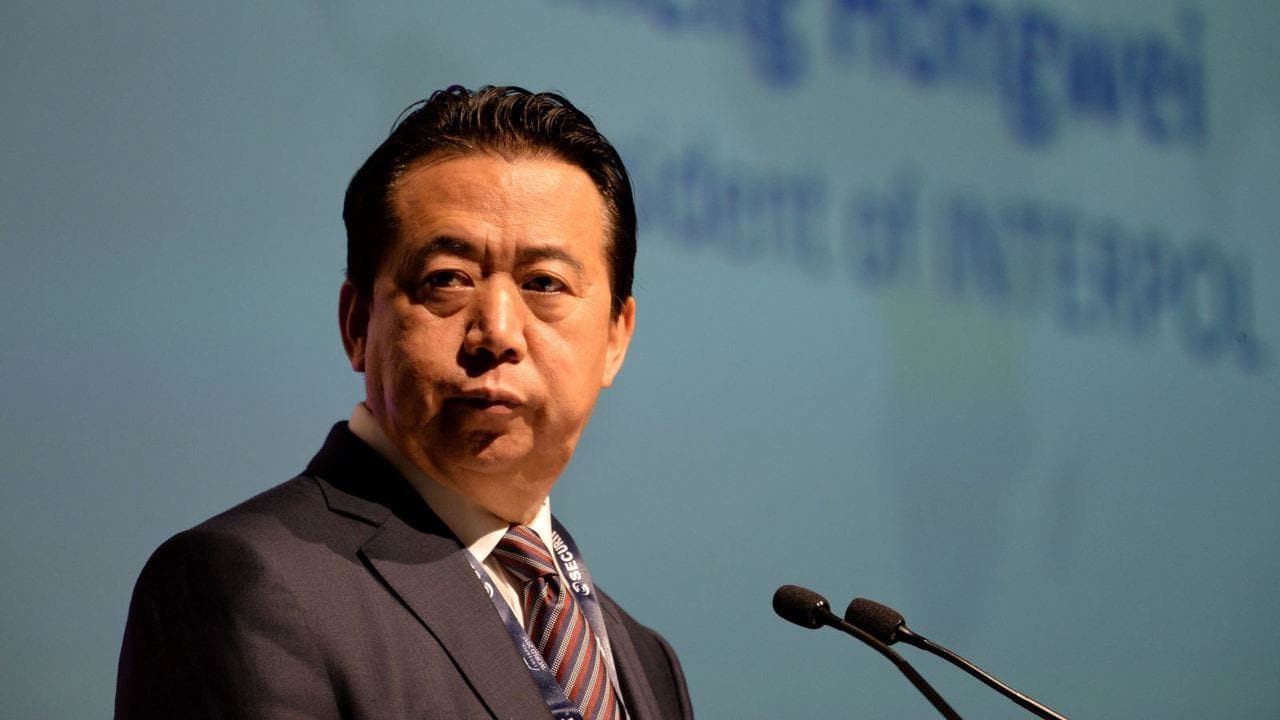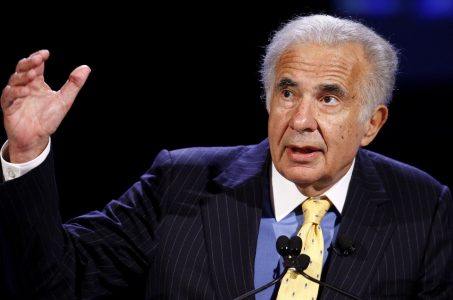Interpol Chief Goes AWOL in China and Resigns: Spearheaded ‘Corruption Crackdown,’ Hit Macau Casino Sector Hard
Posted on: October 8, 2018, 07:32h.
Last updated on: October 8, 2018, 07:34h.
President of Interpol Meng Hongwei has been arrested in China as part of an “anticorruption investigation,” authorities in Beijing said Monday. The international crime-fighting agency said on Sunday that it had received his resignation “with immediate effect.” It is unclear where Meng is being detained.

Meng was previously China’s vice minister of public security, who spearheaded President Xi Jinping’s far-reaching anticorruption drive that sent Macau’s casino sector into a two-year tailspin.
Beginning in 2014, the crackdown turned to Macau. Beijing tightened controls on the movement of money into the enclave and squeezed the junket industry that facilitated trips from the mainland for Chinese VIPs, some of whom were suspected corrupt party officials.
Macau relied on the VIP segment, and Beijing’s policies — pursued and exacted by Meng — triggered a two-year revenue slump in the world’s biggest gambling hub.
Mystery Disappearance
Meng was reported missing by his wife Grace last month, sparking a French police investigation. On September 20, Meng left Interpol headquarters in Lyon in France and traveled to China via Stockholm, arriving on September 25.
Shortly thereafter, he disappeared. Grace Meng told police her husband sent her a knife emoji message on the day he went missing, which she interpreted to mean he was in danger.
Responding to a request from Interpol to clarify the status of its president, the Chinese government said on Sunday that Meng was “under the monitoring and investigation” of its new anti-corruption unit, the National Supervision Commission.
On Monday, Head of Public Security Ministry Zhao Kezhi elaborated:
The investigation into Meng Hongwei’s activities including taking bribes and other illegal acts … fully demonstrates the clear attitude and firm determination of the Party Central Committee, with Xi Jinping at its core, to strictly manage the party and carry out the anti-corruption struggle to the end,” he said.
Zhao added that Meng was being investigated because of his own “willfulness and for bringing trouble upon himself … [He] insisted on taking the wrong path and had only himself to blame [for his downfall].”
Interpol — which stands for International Criminal Police Organization and is a global criminal investigative agency that facilitates cooperation among law enforcement in many countries — said on Monday that it had received Meng’s resignation.
Meng’s appointment as Interpol chief was a controversial one and a political coup for China, which has long sought leadership positions in international organizations to boost its global legitimacy. But there were fears that under Meng, Beijing would try to use Interpol for its own agenda: to pursue exiled dissidents.
100,000 Indicted in China
Xi Jinping’s ongoing corruption crackdown has been the largest anti-graft campaign in China’s history, with more than 100,000 people indicted since its launch in 2012.
Xi has pledged to go after “tigers and flies,” meaning that neither high-level officials nor low-level civil servants are beyond scrutiny. But there have been accusations in Western media that the crackdown has been used as a pretext for political purges.
With little specific or independently validated information to go on, speculation is swirling that Meng’s “crimes” must have been grave for Beijing to sacrifice such a politically expedient appointment. Other theories suggest that he may have simply frustrated Xi’s party by refusing to allow Interpol to become an agency of the People’s Republic of China, resulting in him becoming more of an impediment than an asset to Xi’s Communist Party leadership.
Related News Articles
Malta Gaming Authority Launches Mafia Crackdown
Most Popular
Mirage Las Vegas Demolition to Start Next Week, Atrium a Goner
Where All the Mirage Relics Will Go
Most Commented
-
Bally’s Facing Five Months of Daily Demolition for Chicago Casino
— June 18, 2024 — 12 Comments
















No comments yet